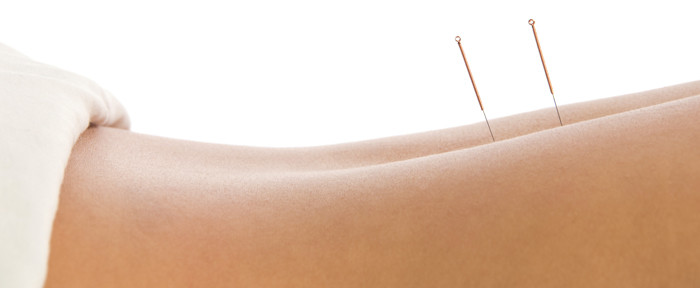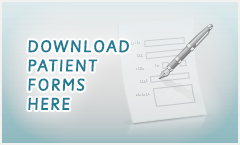Dr. Willetts offers an approach to acupuncture that combines the best of ancient methods with a contemporary understanding of the body’s functions.
What Is Medical Acupuncture?
Western Medical Acupuncture is distinctly different from traditional Asian varieties. It is an evidenced-based approach that focuses on the effects of acupuncture on the body’s own physiological mechanisms for pain relief and repair, rather than on chi, or energy, flowing through meridian channels. Acupuncture can be an effective method of treatment for certain conditions, and it can have wide-ranging beneficial effects.
Acupuncture stimulates the nerves in skin, muscle, and other tissues. We know that it increases the release of the body’s natural painkillers, including endorphins and serotonin, in the pathways of both the spinal cord and the brain. This modifies the way pain signals are received by the brain.
Acupuncture can do more than simply reduce pain, however. Patients often notice an improved sense of overall wellbeing after treatment. Current research shows that acupuncture can affect many of the body’s systems—the nervous system, muscle tone, hormone production, circulation, and allergic responses, as well as the respiratory, digestive, urinary, and reproductive systems.
What Is The Treatment Like?
A typical treatment involves very fine needles being inserted through the skin and left in position for ten to twenty minutes, sometimes with manual or electrical stimulation. There is occasionally a brief, mild discomfort as the needle is inserted, followed by feelings of warmth and relaxation. The number of needles varies (ranging from as few as two to as many as twenty). Treatment might be once or twice a week at first. Intervals between treatments will increase as a condition responds.
What Sort Of Conditions Respond To Acupuncture?
Acupuncture is effective in a wide range of painful conditions and is commonly used to treat musculoskeletal pain (for example, in the back, neck, shoulder, or leg). It has also been used successfully in the treatment of headache, migraine, chronic muscle strain, and various kinds of joint and arthritic pain.
What Other Conditions Can Acupuncture Help?
- Functional bowel or bladder problems such as IBS or irritable bladder, and mild forms of urinary incontinence
- Menstrual and menopausal symptoms
- Allergies such as hay fever and perennial allergic rhinitis
- Some skin problems such as allergic rashes, and some forms of dermatitis
- Sinus problems
- Quitting smoking
Before starting a course of acupuncture, Dr. Willetts will take a detailed history, perform an exam, and may refer you to your primary care doctor or another medical specialist to determine whether a condition requires some other form of treatment.
Is It Safe?
Acupuncture is very safe. The most common side effect, which occurs in about 3% of cases, is a small bruise at a needle insertion site. A very few highly-responsive patients may feel light-headed or nauseated during or after treatment. This can be alleviated by using thinner needles and fewer of them. Serious adverse effects are extremely rare and are easily avoided by a practitioner with proper training.




